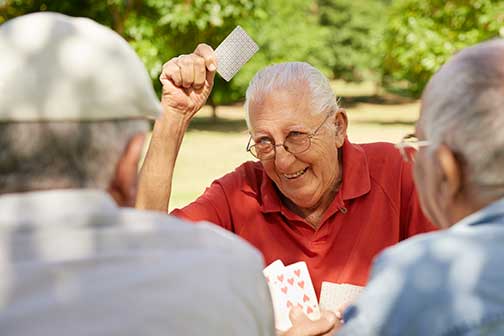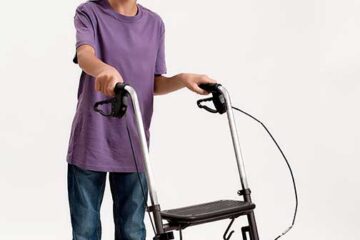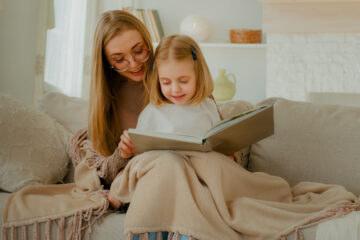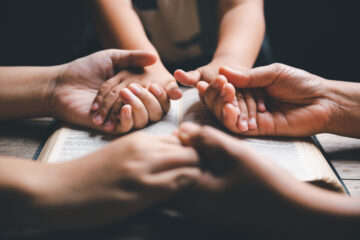This past year has been a challenge. It’s been a long, lonely year for everyone. But with millions of older adults having received the new COVID-19 vaccines, their enforced social isolation can finally begin to ease. This is great news for family caregivers concerned about the health and welfare of their aging loved ones.
The chance to begin resuming some degree of normal socialization will be good for the elderly. Ongoing social isolation or loneliness is known to have negative health consequences on seniors, including a higher risk of depression, death, and heart disease, according to the National Academies of Sciences, Engineering, and Medicine. Even before the pandemic struck, according to the report, “an estimated 24% of adults 65 and older who live independently … were already suffering from isolation and loneliness.”
But as people begin to emerge from a year or more of social distancing, it benefits everyone to be cautious and continue to follow Centers of Disease Control guidance. Progress is being made, but the pandemic is still not over. Even if fully vaccinated, encourage your loved ones to continue practicing basic COVID safety protocols in public: Wearing facemasks, frequent handwashing, and maintaining 6 feet of distance from anyone outside their household. According to the CDC, to be considered fully vaccinated, individuals must wait 2 weeks after their second dose in a 2-dose series (Pfizer or Moderna vaccines) and two weeks after the single-dose vaccine (J&J’s Jansen vaccine).
If it has been less than two weeks since your loved ones received the last shot or if they have not received a second dose, they must continue practicing full prevention steps. The good news is that the CDC is advising that once fully vaccinated, individuals can safely visit with unvaccinated, low-risk people from a single household indoors, without wearing masks or having to be physically distanced. Of course, they must be careful to continue practicing prevention measures when visiting people who are at increased risk from the coronavirus, people with unvaccinated household members who are at an increased risk, or unvaccinated people from multiple households. Some of those prevention measures include wearing a well-fitted mask, staying at least six feet away from others and avoiding large in person gatherings.
Even as advances continue to be made in the fight against COVID-19, an article that the AARP published at the height of the pandemic in mid-2020 offers advice that continues to be useful: “If you opt to hold off on in-person visits for now … be sure to find ways to stay connected to each other so that you’re physically distant but not absent from each other’s lives. You should also encourage your loved one to tap into a wider network of friends and relatives remotely.”
If a senior needs in home care or assistance, families can work with reputable agencies to get a vaccinated caregiver in the home to care for that senior. Amada Senior Care (www.AmadaNashville.com) has developed a comprehensive Universal Protocol modeled after CDC guidance and local hospital protocols to minimize risk for seniors as much as possible. Feel free to reach out to us to discuss your specific situation. In the months ahead, the situation will continue to evolve. We hope we are at the beginning of the end of the enforced social isolation requirements. Keeping everyone healthy and safe, however, will require continued vigilance and consistent safety practices.
We pray daily that our society will get back to a sense of normalcy, but for now, safety for our seniors needs to be the top priority. Following this guidance and asking for help when needed can be great first steps for a promising future. Let’s stay strong, be prayerful, and create a village to help the ones who need it the most. Be Well.












